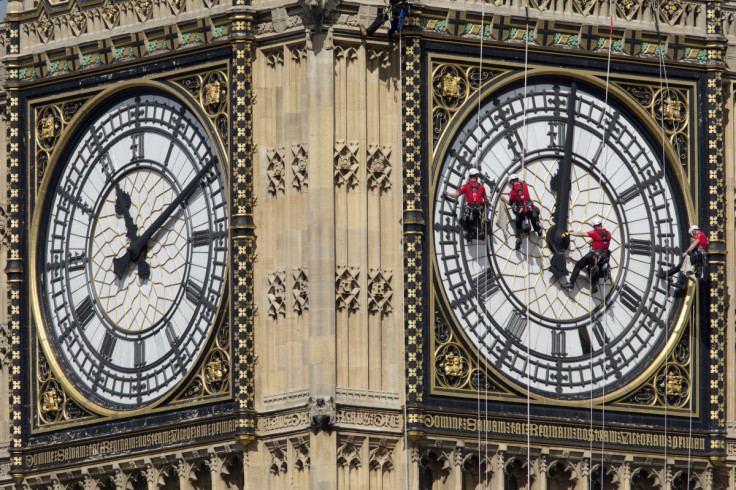Clocks change 2015: Pros and cons of British Summer Time

Clocks in the UK will go back by one hour on Sunday 25 October, bringing an end to British Summer Time, or Daylight Saving Time.
The clocks change at 2am on the last Sunday of October, meaning there is less daylight in the evenings and more in the mornings. The period when the clocks are one hour ahead is called British Summer Time (BST), which happens on the last Sunday in March. There is more daylight in the evenings and less in the mornings, which is sometimes called Daylight Saving Time. When the clocks go back, the UK is on Greenwich Mean Time (GMT).
BST was first established by the Summer Time Act in 1916, after a campaign by a builder called William Willett. He was reportedly irritated with the "waste" of daylight in the early mornings of summer and suggested the change in 1907, publishing a pamphlet called The Waste Of Daylight.
Since the time change was first introduced, some have suggested BST should be kept all year, which has evoked strong reactions for and against.
Benefits of BST all year
Researchers at the University of Cambridge found an extra daily hour of sunlight in winter evenings could save £485m ($744m) each year in electricity bills, as people use less light and heating.
Proponents say lighter evenings would be beneficial for physical and psychological health, particularly in terms of relieving the symptoms of Seasonal Affective Disorder (SAD).
The AA backs the campaign for BST to be employed all year round to reduce road traffic accidents, as its research estimates around 100 lives would be saved each year by preventing accidents in the dark evenings.
Moving the clocks permanently forward by an hour would also bring the UK in line with Central European Time, which means Britain would work during the same business hours as other European cities.
Negatives of BST all year
Politicians have warned the sun would not rise until 10am in parts of Scotland. Alex Salmond once called the campaign an attempt to "plunge Scotland into morning darkness". Opponents argue the change is economically and socially disruptive. Safety is also a concern, as critics say those walking to work on a dark morning could face higher risks of accidents.
© Copyright IBTimes 2025. All rights reserved.



















